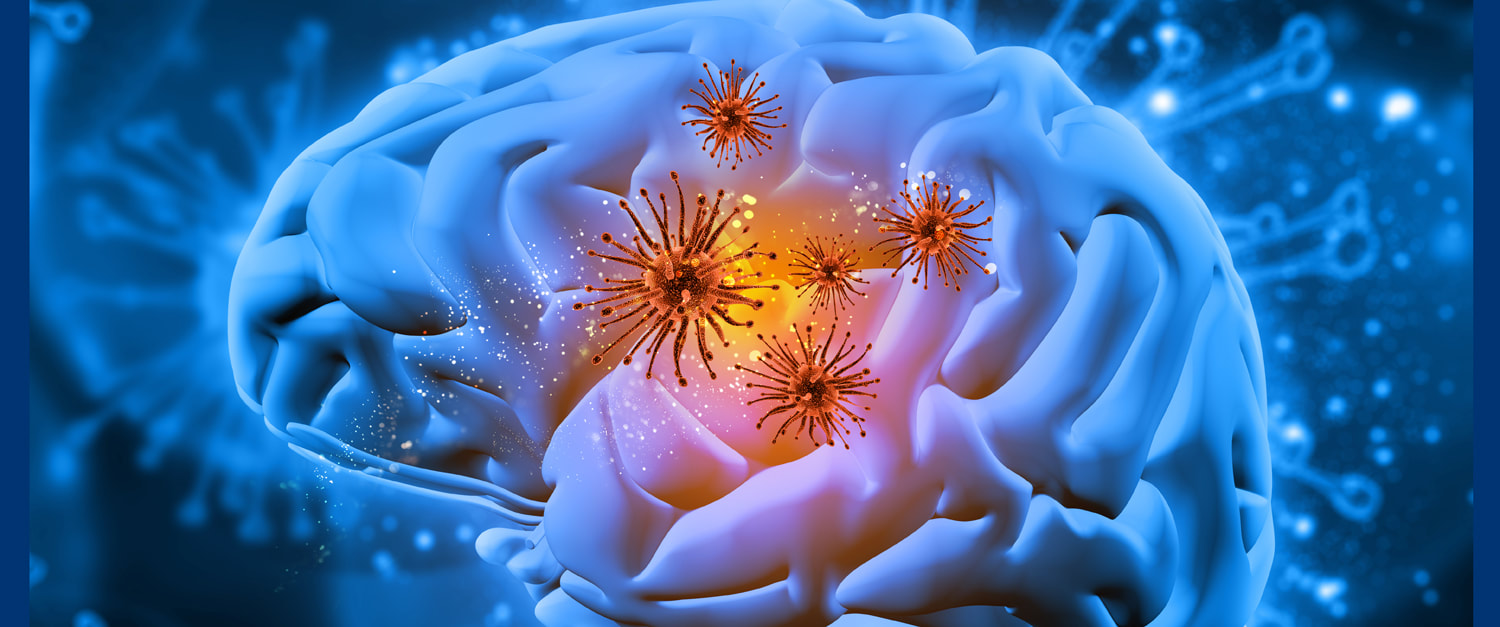|
Increasing evidence over the last 20 years has shown us that hemostatic abnormalities (either a propensity for bleeding or clotting) are not only important in vascular dementia, but also in patients with Alzheimer's dementia. And we know that there is tremendous crossover in these dementia types. Of all the hemostatic markers, serum fibrinogen has been the one most commonly studied. All in all, while this article does reinforce much of what we know from Dr. Dale Bredesen's teachings, I believe too that modification and control of serum markers of hypercoagulability along with markers of systemic inflammation such as CRP and homocysteine among others, can offer a preventive approach to Alzheimer’s, often labeled “the most dreaded disease in America.”
A hypercoagulable workup would include protein C, protein S, antithrombin, Factor VIII, PT PTT, Lupus anticoagulant, CBC, Factor V Leiden and fibrinogen. We must as physicians ask if everyone needs these labs when we already have some so many other positive inflammatory markers. Unless you are also evaluating the neurology patient for a history of TIAs or stroke, I don’t believe these may be necessary. Despite being an often-preventable tragedy, in the U.S. alone we know that strokes are occurring virtually every 40 seconds. If an MRI shows significant white matter pathology, in the conventional neurology world, we would likely do a full vascular evaluation and take a thorough history, get a carotid ultrasound or magnetic resonance angiography, echocardiogram etc. And in the integrative world, I believe we should do this as well…along with a deep dive into root causes in selected cases where this discovery process is appropriate. Looking at the markers and labs available to us that may indicate cognitive disease, this is indeed a complicated area of diagnosis and treatment. But also knowing what we know now, through the work of colleagues like Dr. Bredesen, we can clearly see why patients that have had a stroke also have a higher risk of developing dementia. It should be our mission to use this information to help these and other patients with the widest range of resources available to us that includes sound integrative medicine protocols. In health, Dr. Suzy Gazda For more about strokes and facts you should know, please visit: https://www.cdc.gov/stroke/facts.htm Read more about the ARIC (Atherosclerosis Risk in Communities) cohort study at: https://n.neurology.org/content/92/11/e1256
0 Comments
Your comment will be posted after it is approved.
Leave a Reply. |
AuthorDr. Suzanne Gazda, Integrative Neurology Archives
February 2024
Categories |

 RSS Feed
RSS Feed